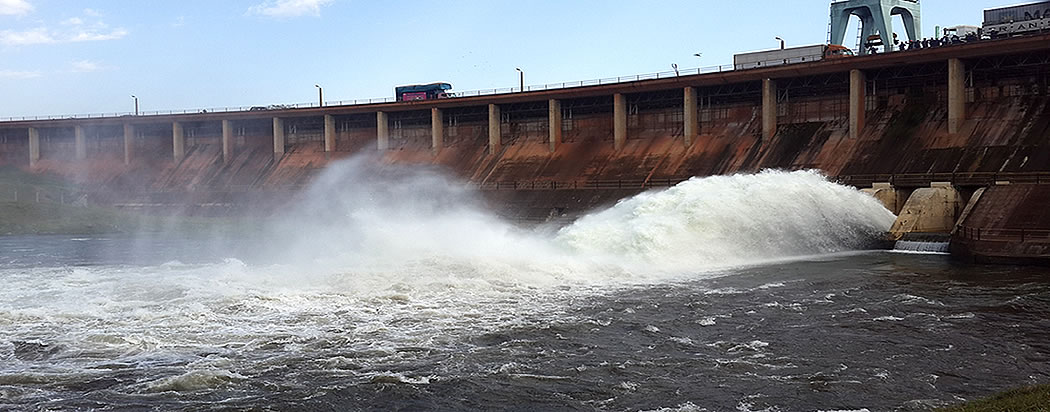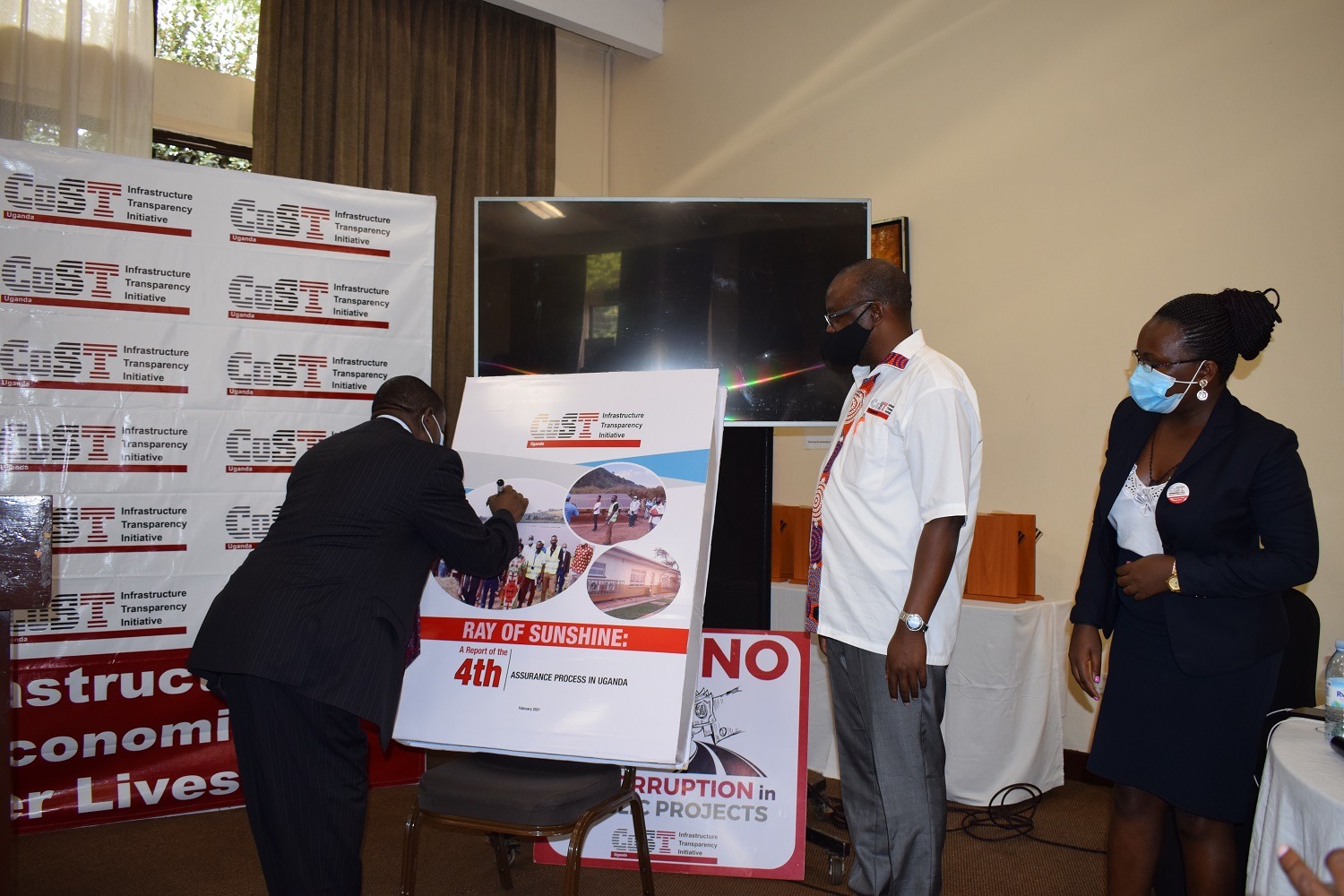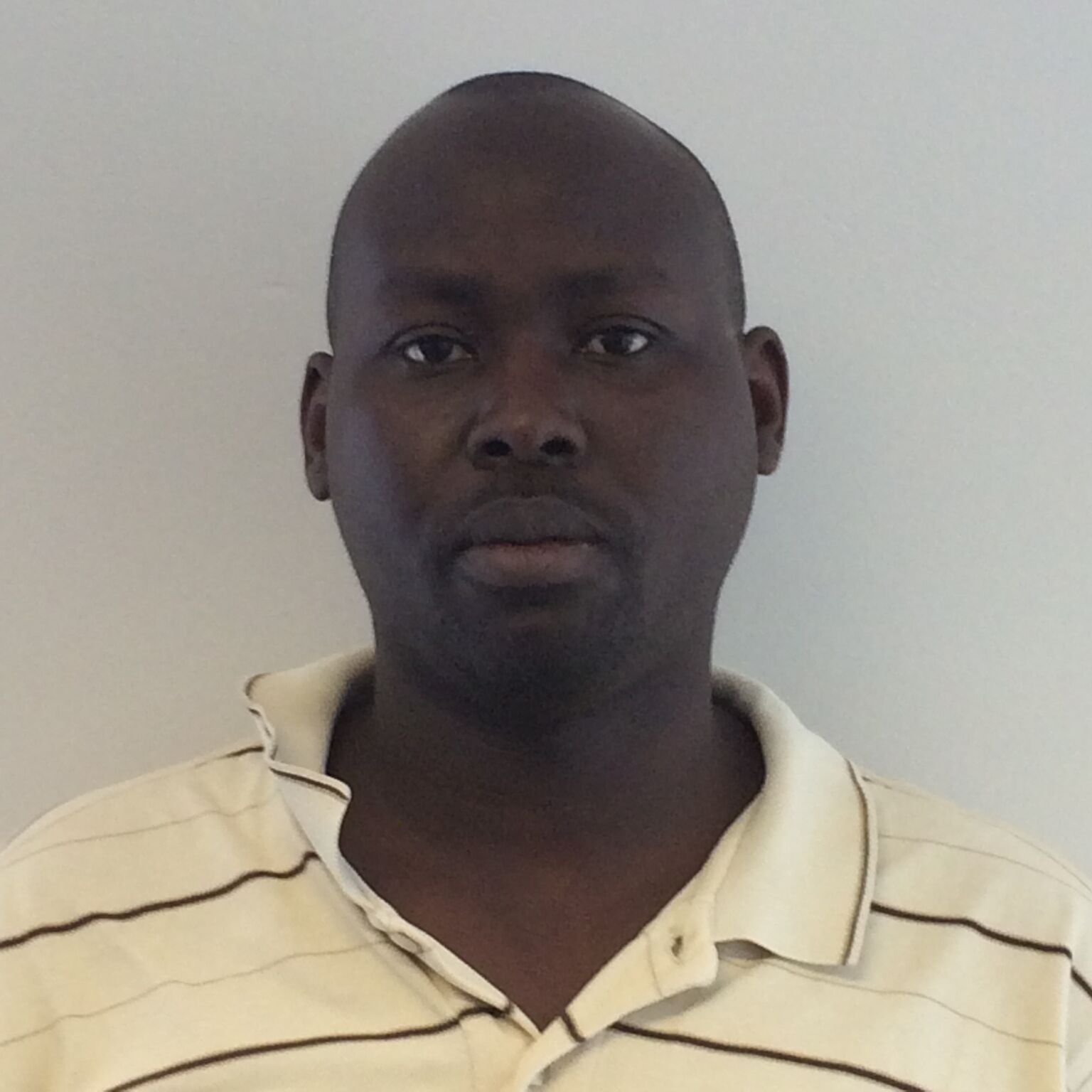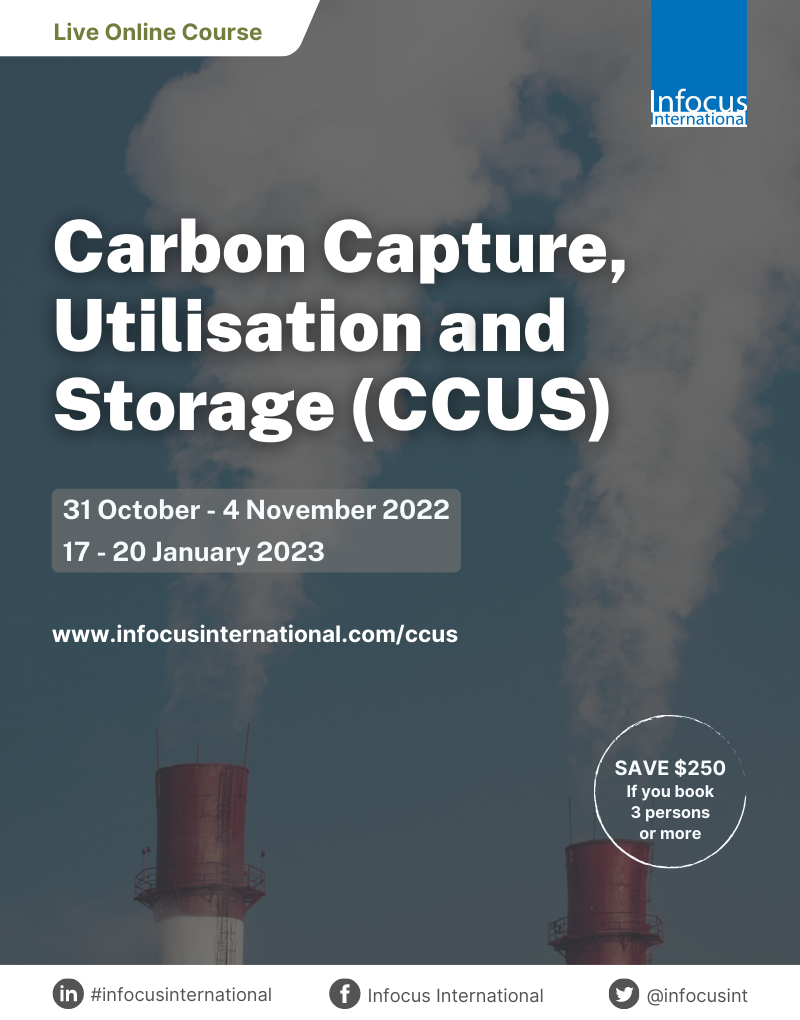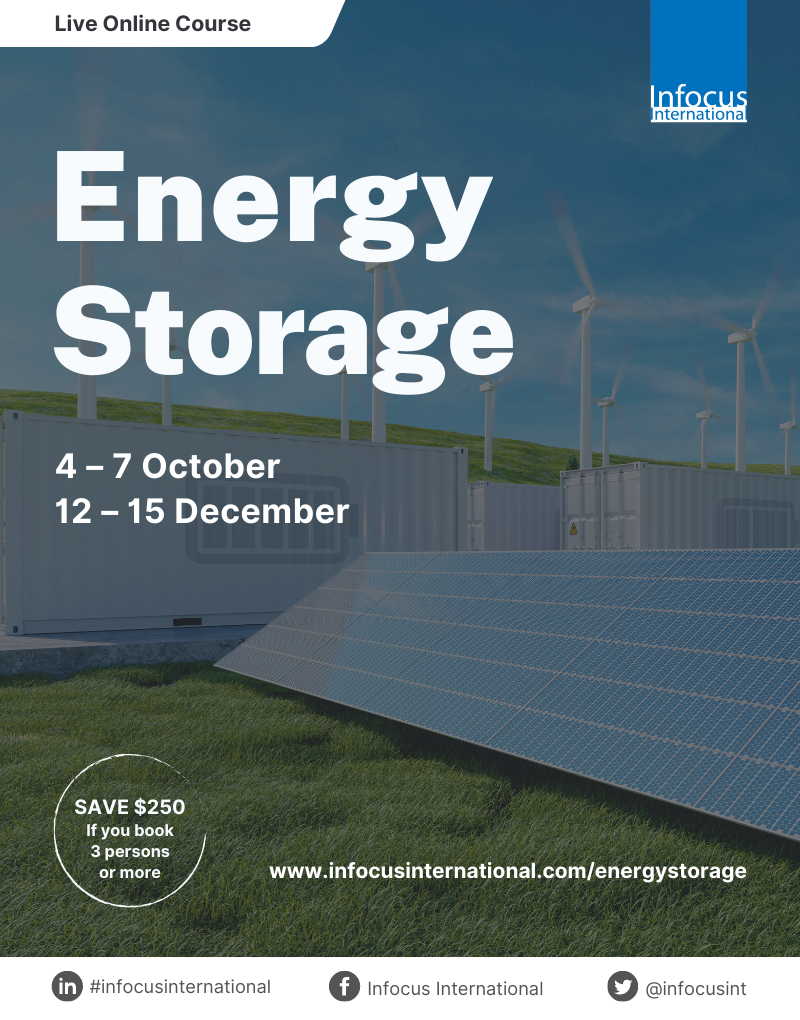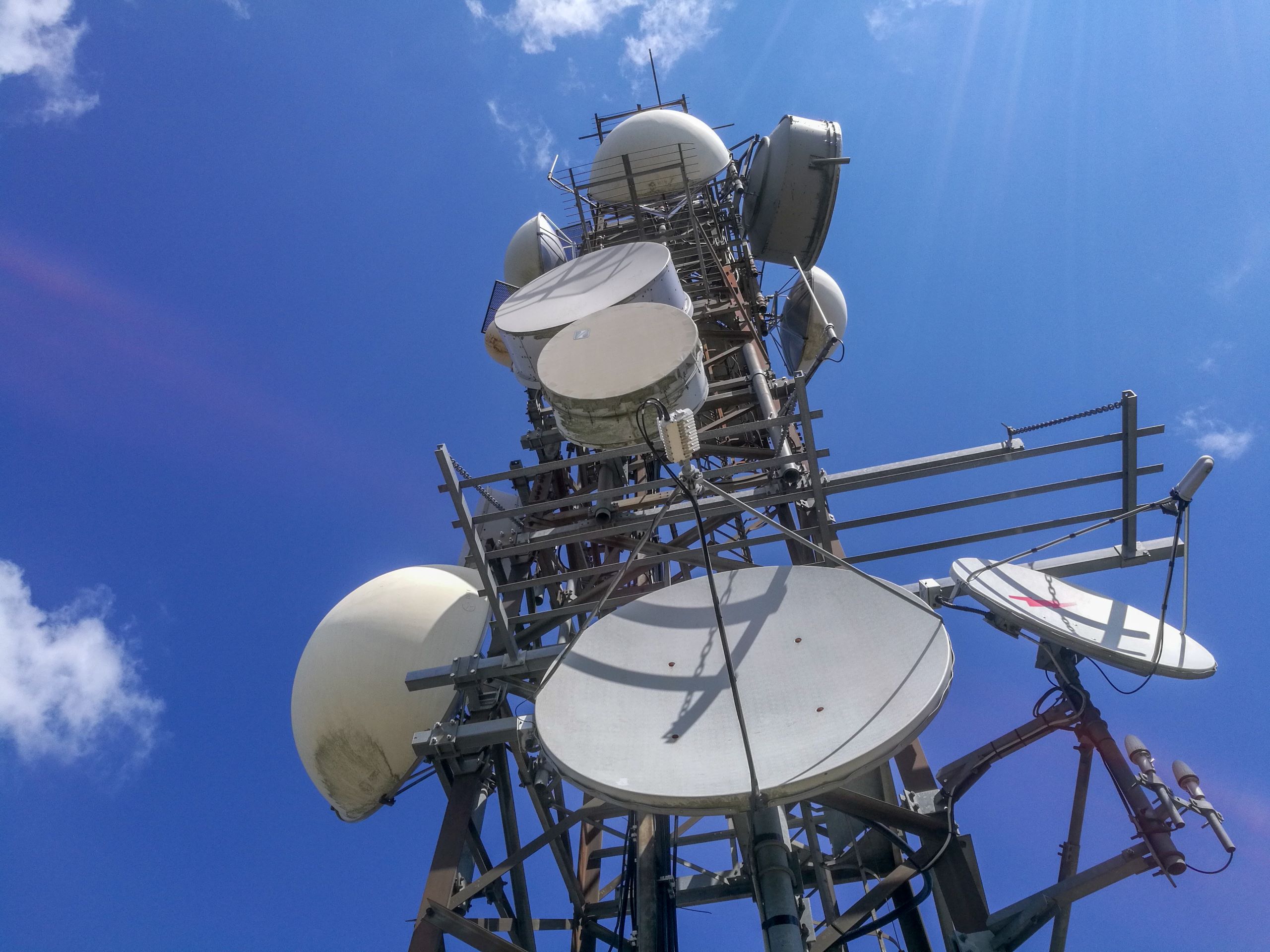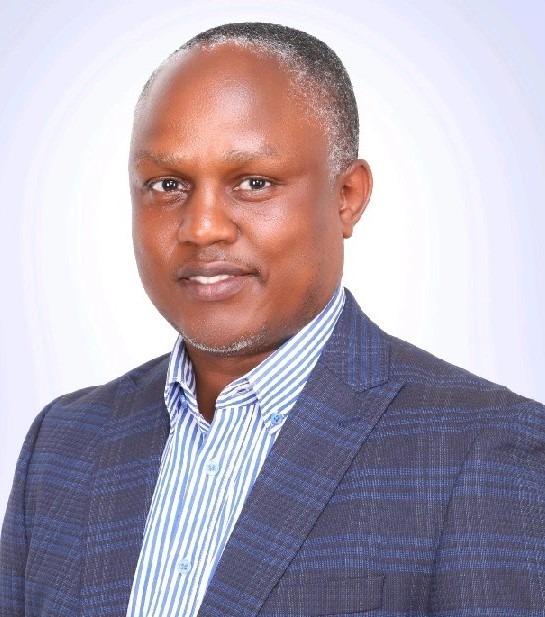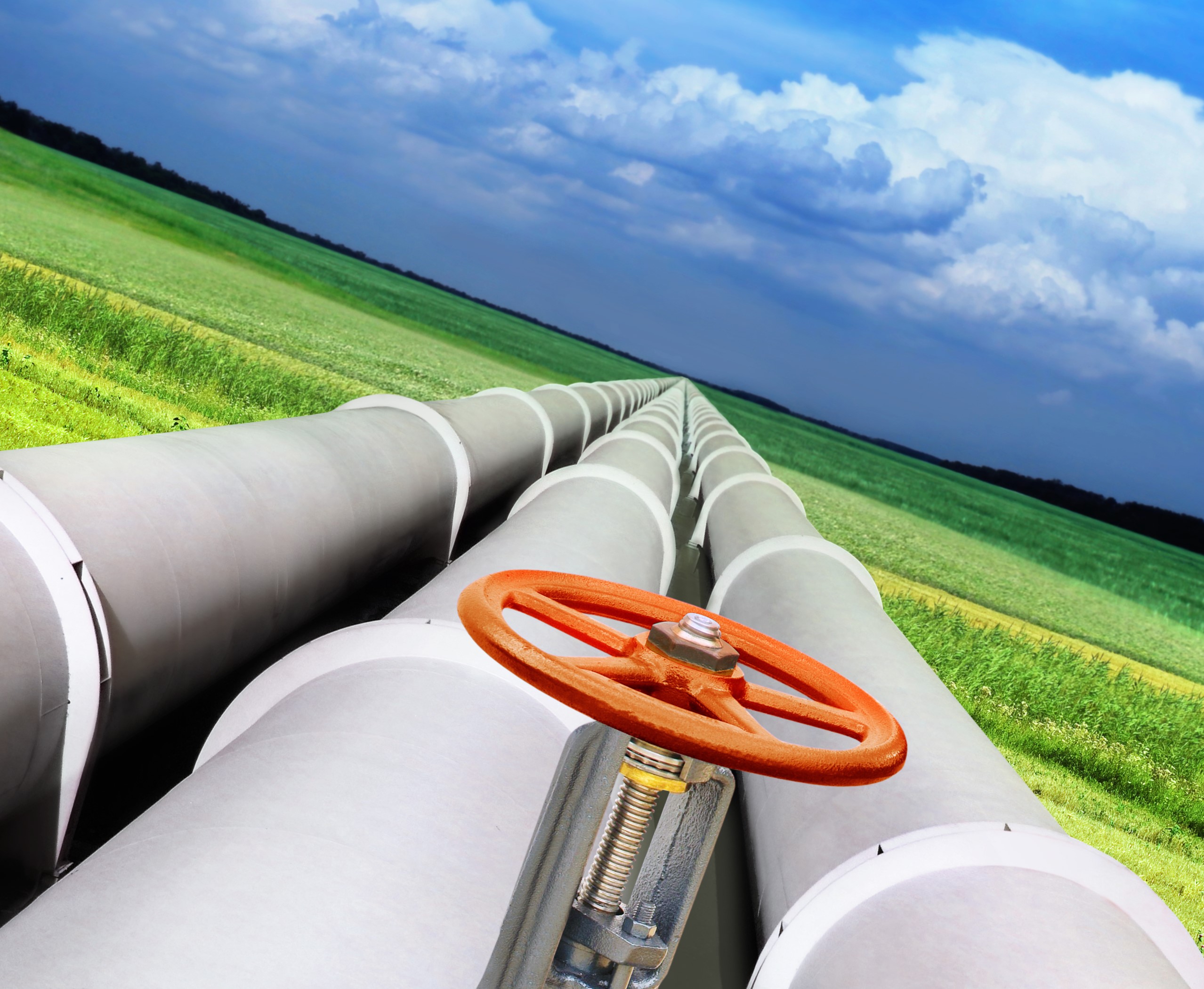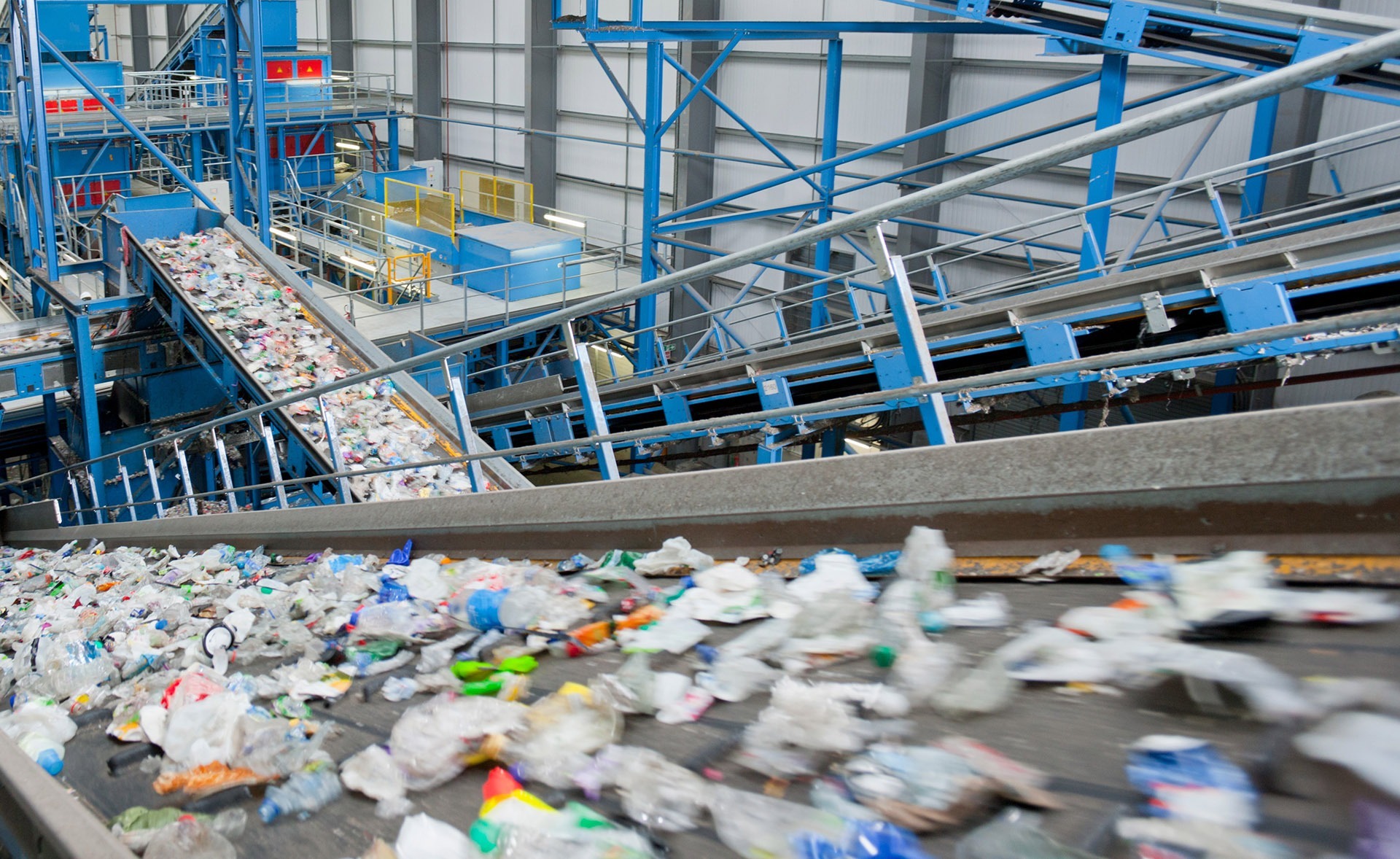The African Water Facility (AWF) has committed about Euro 2 million to support the Government of Rwanda to develop 25 year water and sanitation strategic plans, and build capacity for increasing access to water, sanitation and hygiene for all its population.
The plans will guide the identification of effective water supply and sanitation projects in the East African country of 12 million people. The grant proceeds will also go towards building various water stakeholders’ capacities to plan, design, finance, implement and manage water and sanitation projects and infrastructure.
“Ultimately, the project will benefit the population of Rwanda through improved water supply and sanitation services, improved environmental conditions resulting in improved standards of living. The local economy will also gain from a better Water and Sanitation sector management as local farmers and industries will have improved access to water for production and reduced production cost,” the AWF said.
The African Water Facility (AWF) is an initiative of the African Ministers’ Council on Water (AMCOW) that was started to help focus resource mobilisation to finance water resources in Africa. The initiative is hosted and managed by the African Development Bank.
The recently adopted UN Sustainable Development Goals (SDGs), Goal 6, have set 2030 “as the target timeframe to achieve universal and equitable access to safe and affordable drinking water and access to adequate and equitable sanitation and hygiene for all.”
Studies done by the United Nations show that 115 people in Africa die every hour from diseases linked to poor sanitation, poor hygiene and contaminated water while more than a quarter of the population spends more than half an hour per round trip to collect water.
Besides, the continent’s rising population is driving demand for water and accelerating the degradation of water resources. By mid-2011, Africa’s population (excluding the northern-most states) was around 838 million and its average natural rate of increase was 2.6% per year, compared to the world average of 1.2.
Under this project, the AWF will contribute about Euro 1.950 million (87), while the Government of Rwanda will contribute Euro 299,720.
Rwanda’s current safe water coverage stands at 76 per cent, while sanitation is at 62 per cent. There is however disparity between the urban and rural access; with urban water access standing at 87 per cent; while rural is 59 per cent.
Once complete the project is expected to deliver Integrated National Water Supply and Sanitation Master Plan, an approved list of prioritised integrated WatSan projects, a 10-year investment plan and improved capacities amongst stakeholders for better management and implementation of WatSan projects and systems.
The project will benefit to the Rwandese population through improved water supply and sanitation services, improved environmental conditions resulting in improved standards of living. The local economy will also benefit from the project through improved access to water for production allowing the reduction of production costs and enhanced growth.




